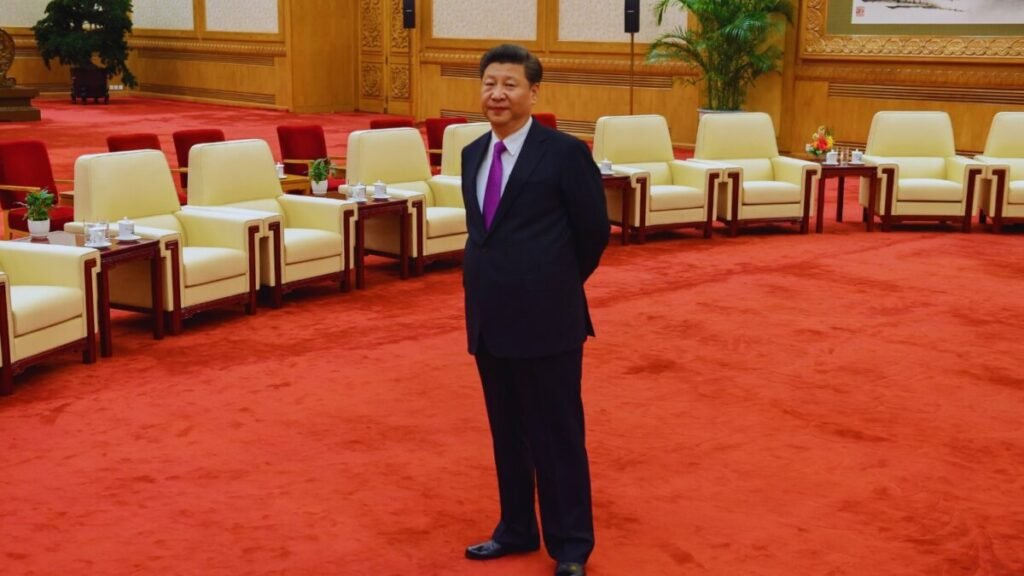Trump’s idea of including China in nuclear disarmament talks deemed “irrational and unrealistic” by Beijing

Nuclear disarmament has once again taken center stage. Trump attempted to push an ambitious plan for trilateral negotiations, believing that China was crucial for the new global balance. However, China not only rejected the idea but also deemed it absurd and impossible.
### The proposal that sought to change the rules
The premise was straightforward: if the United States and Russia were bound to limit their strategic arsenals through agreements dating back to the Cold War, China should be brought into the equation. The objective was to relaunch disarmament talks, incorporating China into a framework that would lessen the risk of nuclear proliferation in the 21st century.
However, at the time of the proposal, China’s military strength, despite growing, still did not rival the vast arsenals amassed by the US and Russia. For Beijing, agreeing to negotiate under those conditions would imply recognizing a status that, in terms of numbers, was not warranted.
### Beijing’s firm rejection
Beijing’s response was unequivocal: Trump’s plan was labeled as “irrational and unrealistic.” They highlighted that China’s nuclear arsenal is significantly smaller compared to those of the US and Russia, and thus, there was no obligation to adhere to the same level of commitments.
China asserts that its nuclear strategy is grounded on a principle of “no first use” of nuclear weapons, which, according to its representatives, guarantees a defensive and deterrent nature. Therefore, participating in negotiations tailored for powers with numerous nuclear warheads seemed disproportionate from their standpoint.
### An increasingly fragmented global board
This episode unveils a broader context: the arms control framework established during the Cold War is collapsing. Key agreements like the New START Treaty are showing signs of weakness, and the emergence of new players—from North Korea to India and Pakistan—renders a trilateral arrangement inadequate.
While Trump aimed for a diplomatic victory, Beijing’s rejection indicates diverging priorities: China is unwilling to be pulled into an outdated model and prefers to maintain its sovereign decisions free from external influences.
The rejection does not imply that China is disengaged from global discussions, but it does establish a boundary: they are unwilling to be confined within comparisons that, in their perspective, fail to accurately portray the reality of their arsenal. This diplomatic standoff serves as a reminder that in the absence of consensus, the nuclear threat remains a looming presence on the international stage.







